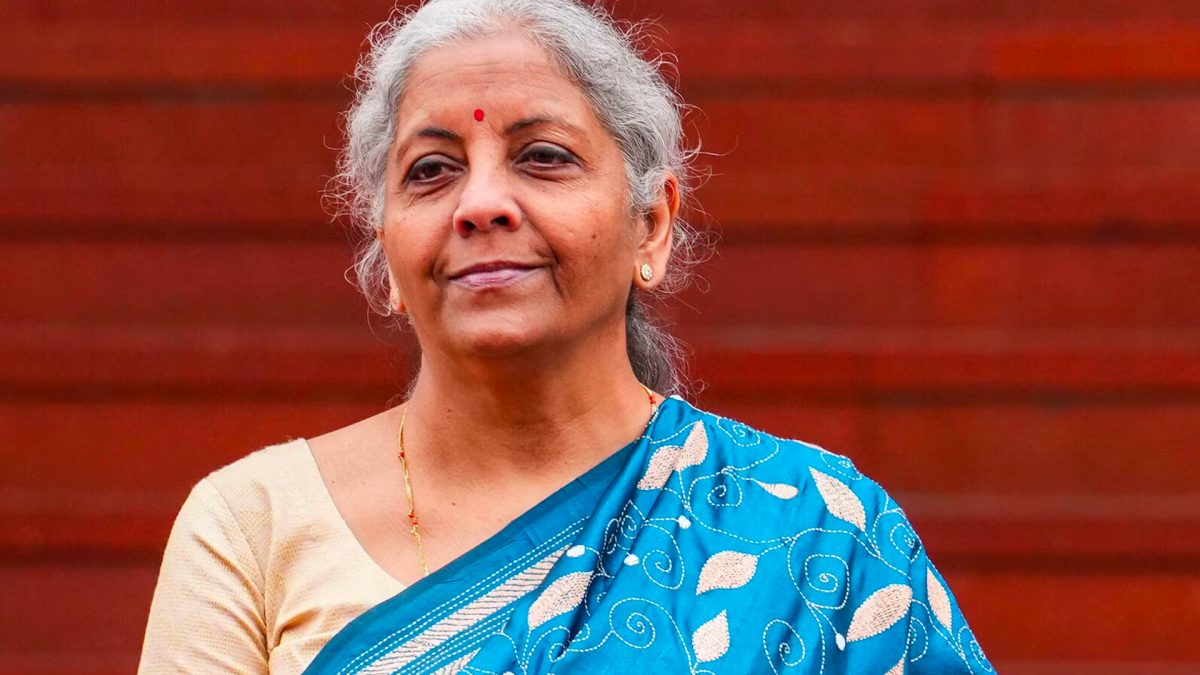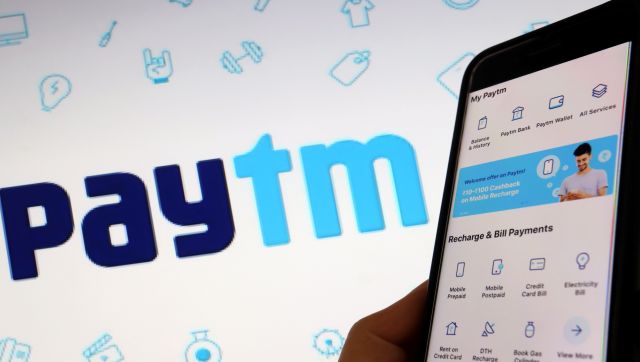“Banks consider financial inclusion as an obligation and not an opportunity,” said RBI Governor, Duvvuri Subbarao at a recently completed Bankers’ conference in New Delhi. While this aptly reflects the mood in the banking circles, the moot point is that India’s vastly dispersed population has rendered this key agenda a difficult and often an unwilling task for the Indian banks. Mobile banking, which was seen as tech’s answer to this fundamental problem, however failed to build the momentum as expected. As we look at what’s ailing, it looks like the entire mobile banking ecosystem - from the banks to the mobile operators - will need to snap up lest it misses the call.
In spite of a well charted regulatory framework in place, the growth of mobile banking has been subdued. “Mobile banking is growing, but not very significantly. Though the number of users who registered for mobile banking is substantial in absolute numbers, it is very low vis-à-vis the number of mobile phone subscribers,” says G Padmanabhan, Chief General Manager, RBI.
So, where’s mobile banking missing the call? Speaking to leading bankers and technology providers, Biztech2.com gets you a lowdown on the challenges and what it will take for mobile banking to jumpstart in India.
To summarise, experts underscore three challenges that need to be overcome for mobile banking services to take off in India: lack of interest from banks to promote mobile banking, requirement for more useful services, and competition with the current transaction platforms like internet and other customer service channels.
Compelling Need and Business Case: Where Are They?
It’s ironical that while RBI is pushing banks to take the onus for mobile banking and doesn’t want telcos to be the frontrunner, banks are not too keen on taking the lead here. According to Ravi Jagannathan, MD & CEO of eMudhra Consumer Service, “While most of the banks have introduced Mobile Banking, the real push from their side is still limited (barring a few private sector banks).
The primary reason for this lack of push has been the inability to identify a lucrative opportunity. Sachin Khandelwal, Member- Executive Committee, Mobile Payment Forum India (MPFI), who has worked with the regulators to roll out guidelines for mobile banking explains, “There hasn’t been any compulsive reason either for the customer or the banks to adopt mobile banking. The banks are not finding enough incentives to push the service and the customers are still looking for a more useful way to use the mobile channel. From a bank’s perspective the business models have to fall in place.”
Global experience shows that critical need for a particular service has been the key success factor for mobile banking. “Most countries where mobile banking has been a hit had genuine demand for such services and not because of the availability of advanced mobile technologies,” says Wim Raymaekers, Head of Banking Market- SWIFT. Wim has more than 28 years of experience in banking operations.
Then there are other competing platforms like the Internet which people find more convenient to use than mobile. “Many tech savvy customers are already using Internet banking and are comfortable with the convenience and security it provides,” Jagannathan explains.
Shalini Mehta, Exec. VP, Kotak Mahindra Bank shares a similar opinion. She points out that a major reason for the current low adoption of mobile banking, especially among the urban population, is the availability of alternative modes of banking, such as ATMs, Internet banking, etc. which, due to their legacy, continue to be the preferred choice.
Lastly, the lacklustre response from the merchants having POS terminals is a major challenge. In spite having downloaded the application from the banks, they are not too keen on engaging with customers to transact on mobile due to lack of incentives per transaction.
A Sound Ecosystem
Mobile operators in India should be given the licence to offer banking services without involving the bank in any way, opines Neha Gupta, Senior Research Analyst, Gartner. As per the current regulation, RBI has mandated mobile operators to provide banking services only in conjunction with a bank and not alone. The regulator’s permission to allow mobile operators to go independent of the banks will help them reach the unbanked population of India that is not covered by the Indian banking system of any kind.
But, how will the whole concept work sans the bank. Gupta goes on to add further that if the government provides licence to the operators to operate independently of banks, mobile operators can create a ‘Mobile Wallet’ for the wallet subscriber, similar to a ‘Debit Card’ from the banking parlance. The wallet owners can deposit a specific amount of money as they do at banks and withdraw at will. This can prove to be a major boost to the very critical ‘Financial Inclusion’ agenda as the unbanked Indian population will be covered under the ambit of the mobile wallet concept.
Jagannathan suggests introduction of initiatives such as Interbank Mobile Payment Service (IMPS), which enables the transfer of money from the account of one bank to the account of any other bank in India. Banks are using this initiative to revitalise the mobile banking/ payment in a different format. For Deepak Chandnani, CEO Obopay, an ecosystem that will accept mobile payments needs to be created. In fact, RBI is pushing mobile payments aggressively and has even formed the Mobile Payments Forum Of India (MPFI).
Even as banks and telcos create viable business models, the real push will come from creating a set of services that are compelling enough to generate customer demand. Continuous efforts will be required from players in the ecosystem in terms of customer education. Usage cases need to be showcased to customers so that they can be familiarised with the medium.
Furthermore, technically with the introduction of 3G, there should be some advancement in terms of customer usage experience over time, which will make this more convenient and comfortable for customers.
Where We See It Heading
While 3G will help in enriching the customer experience and growing mobile phone penetration ensure the access to services, these factors can do just as much. For mobile banking to really flourish, concerted efforts will be required from all players in the ecosystem - telcos, mobile payment service providers, regulator and, above all, banks - to create the right balance of push and pull to get mobile banking going a long way.
With inputs from Esha Birnur.


)




)
)
)
)
)
)
)
)